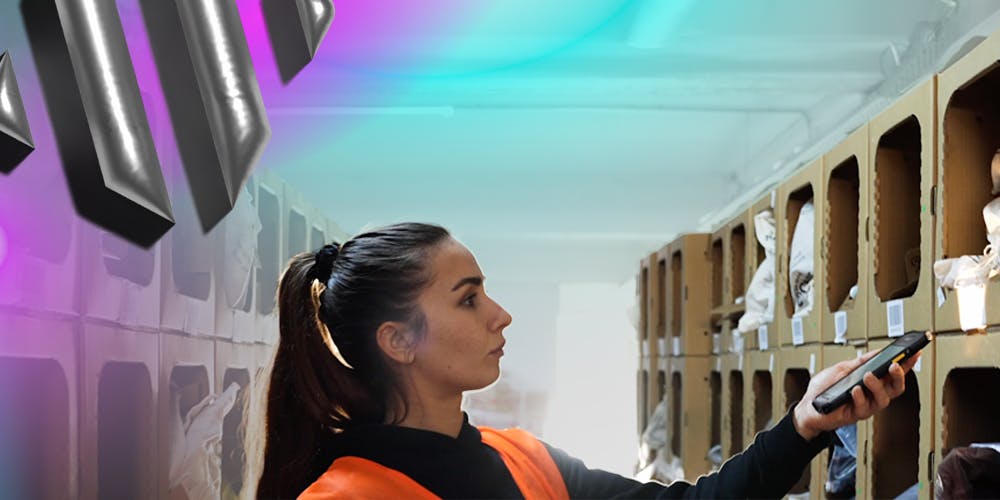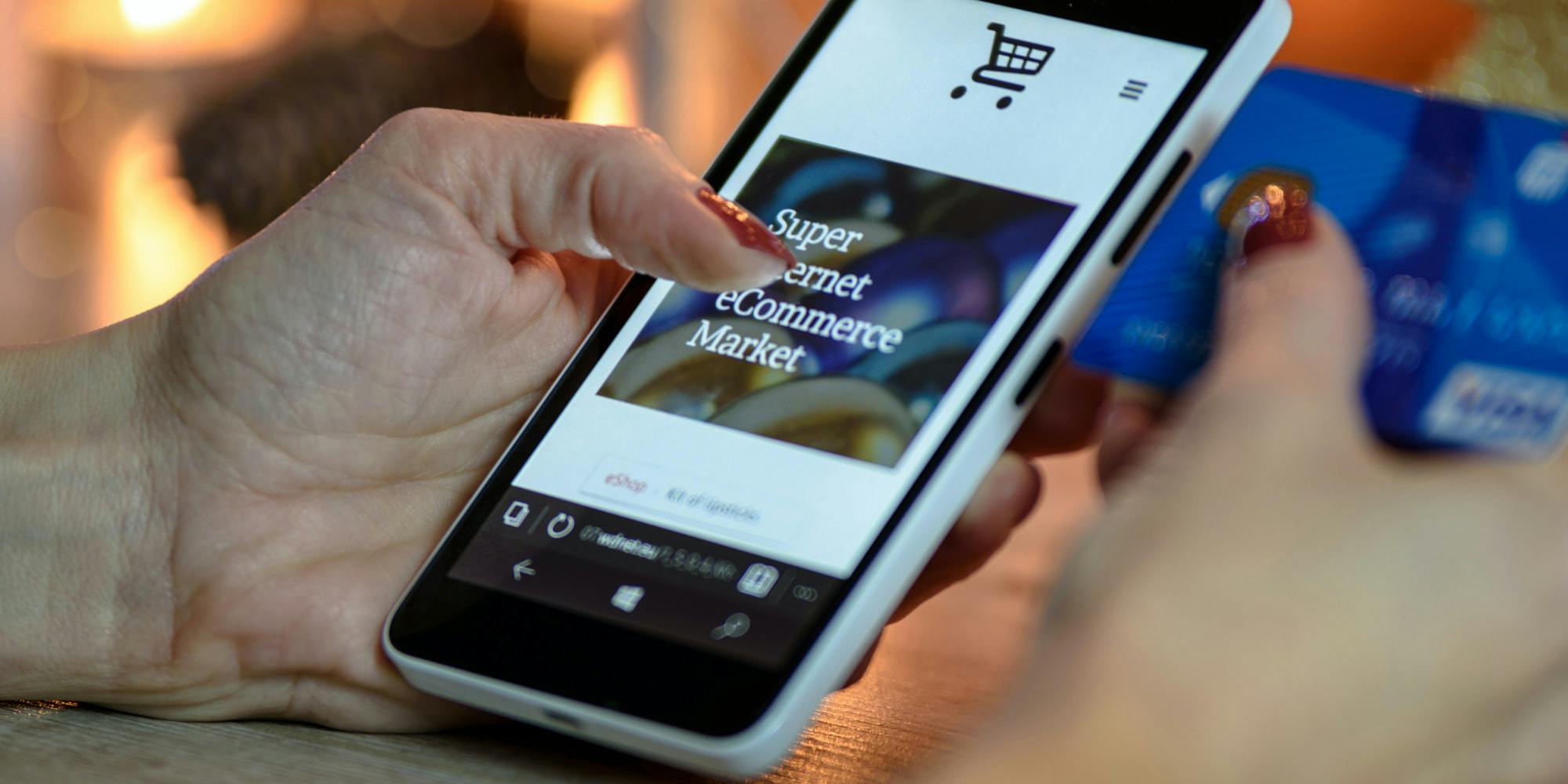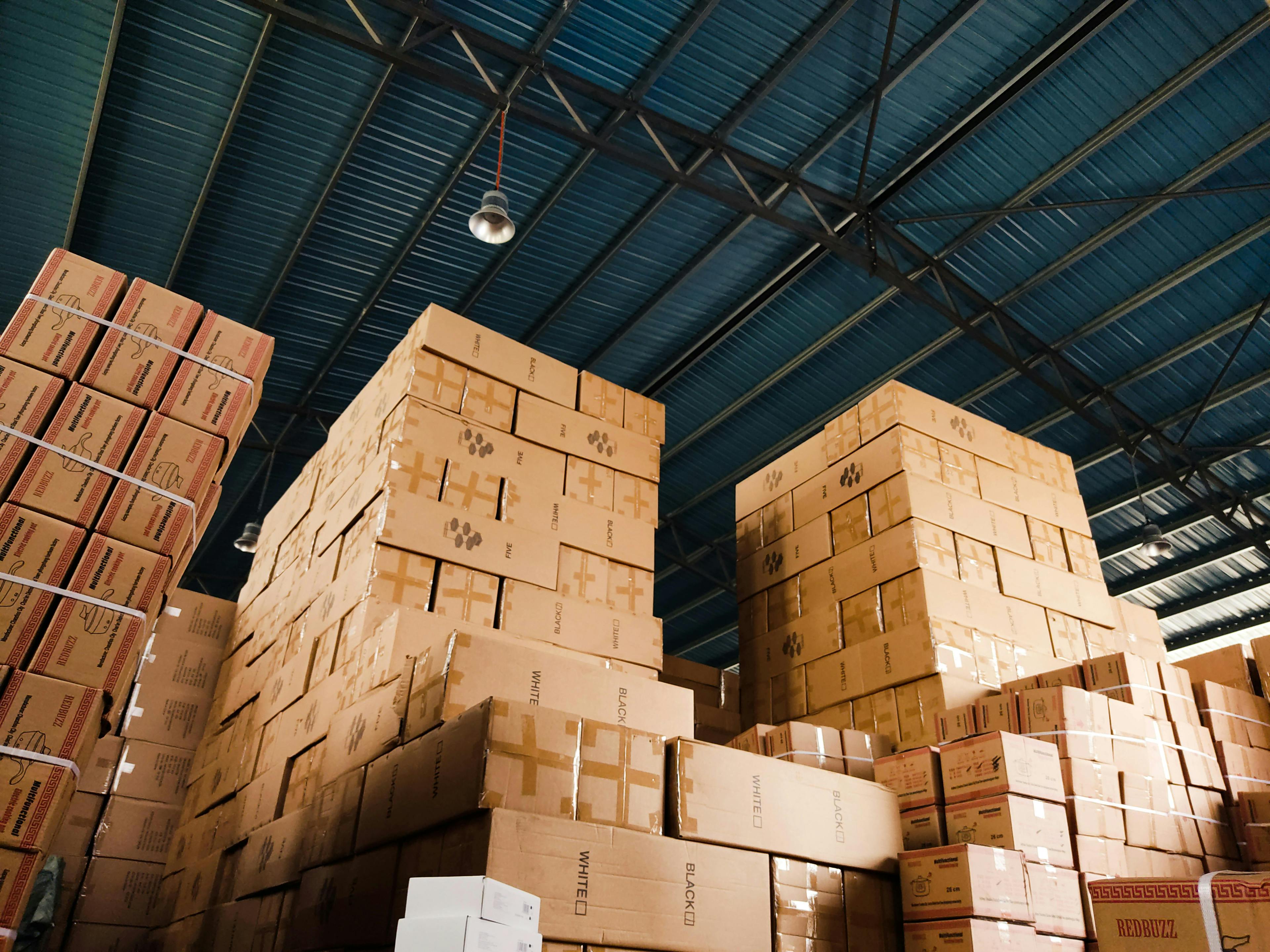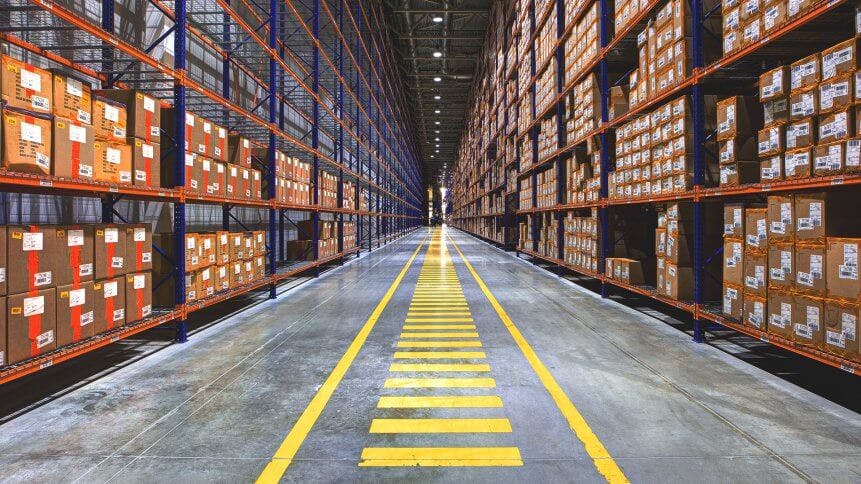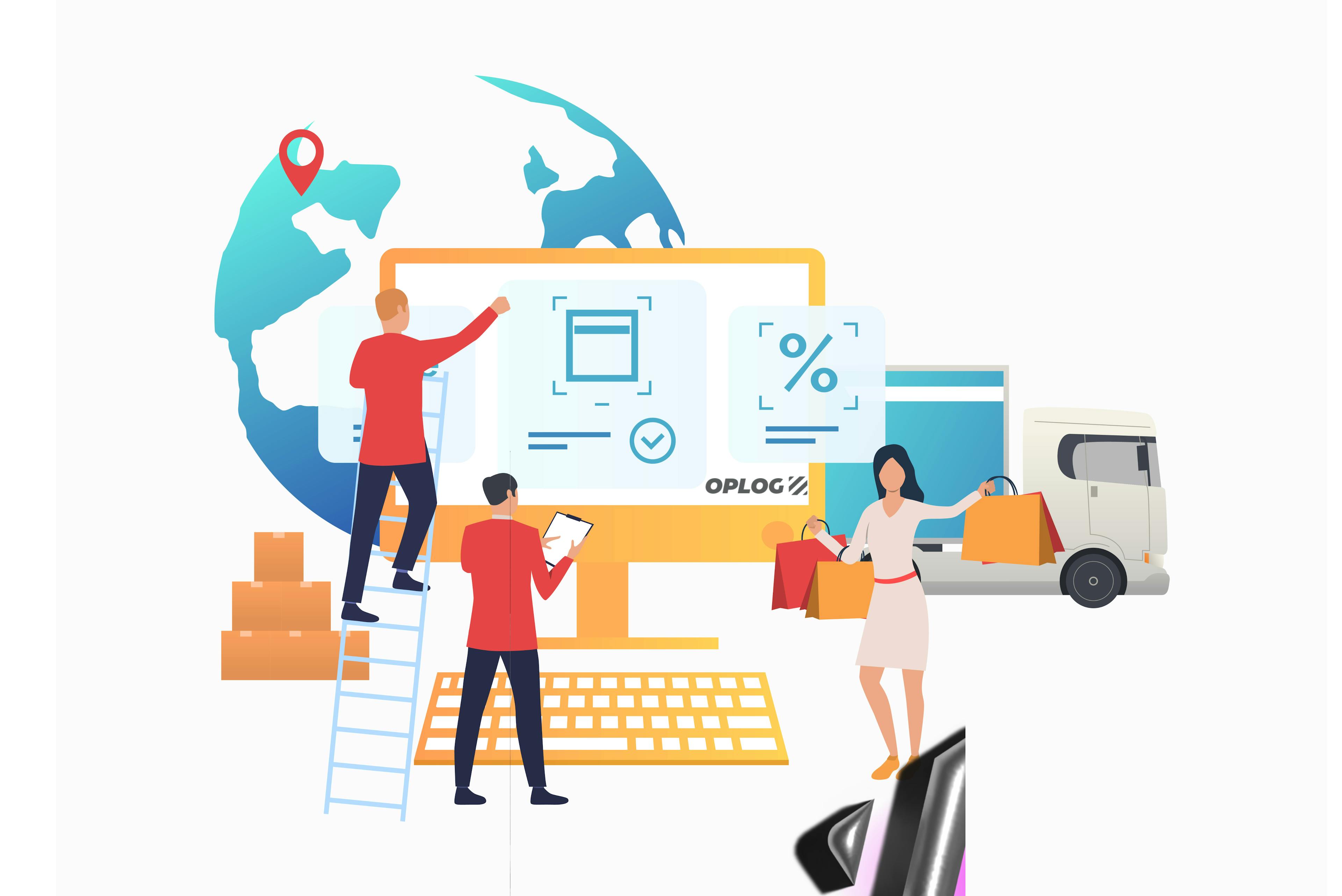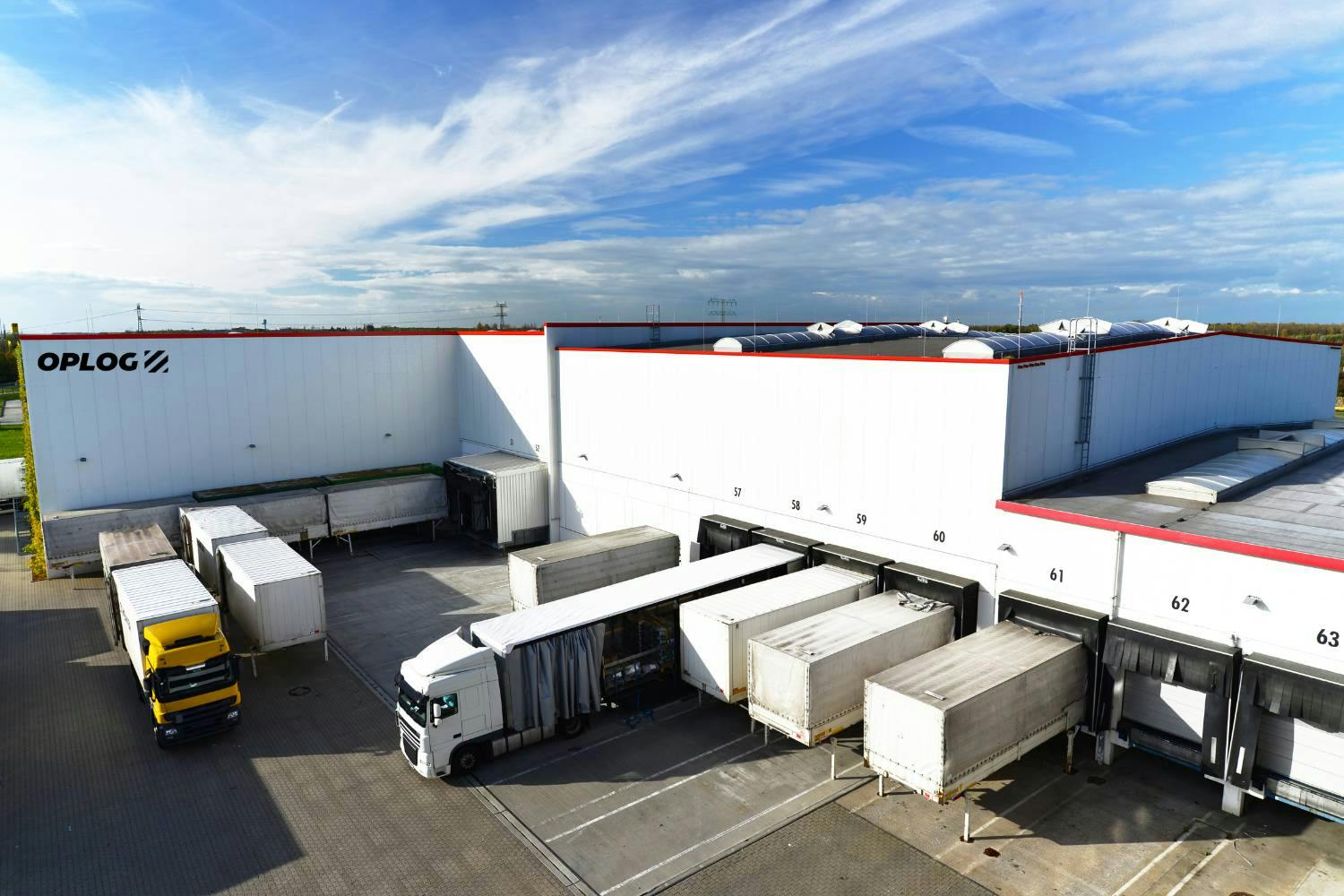The Future of 3PLs: 4 Trends to Watch in 2023 and What They Mean
The eCommerce industry experiences constant shifts and changes that evolve according to technology, the economy, customer expectations, and many more. And among all businesses, 3PLs are the ones that are the first to reply to these shifting trends. Why?
3PLs serve a vast number of eCommerce businesses and customers. And, if they aim to deliver them with quality services as we do at OPLOG, they have no choice but to not only follow those trends or, better yet, become a trendsetter within the industry.
In this blog, we aim to identify and discuss emerging trends that will likely shape the future of 3PLs and what they mean for those eCommerce businesses who want to prepare for the future of logistics and stay competitive in an ever-evolving market.
What 3PLs Are and Their Importance in Logistics
First, let’s take a brief look at what 3PLs are. Third-Party Logistics (3PLs) are external companies that provide logistics services to businesses. They act as intermediaries between businesses and the transportation or shipping companies that physically move goods from one location to another.
3PLs play a crucial role in logistics as they help businesses to manage their supply chain operations more efficiently and effectively. They provide various services, including transportation, warehousing, inventory management, order fulfillment, and distribution. 3PLs can also offer value-added services like packaging, assembly, and customs brokerage.
By outsourcing logistics to 3PLs, businesses can focus on their core competencies and reduce costs associated with maintaining their logistics infrastructure. 3PLs can also provide access to specialized equipment, technology, and expertise, which can help businesses to optimize their logistics processes and improve customer service.
You can minimize your costs and focus on your growth while benefitting from OPLOG’s unique technologies.
4 Trends That Will Shape the Future of 3PLs
Here are the X trends the 3PL industry will be looking out for and what they mean for your business.
1. Deploying Robotic Automation
Automation and artificial intelligence (AI) are already used in 3PLs to streamline logistics operations, reduce costs, and improve efficiency. For example, many 3PLs use warehouse management software (WMS) to manage inventory and order fulfillment. They also use AI for predictive analytics, which can help 3PLs optimize routes, reduce transit times, and improve delivery reliability.
However, in the near future, 53% of 3PLs will also make investing in robotics, especially in Goods-to-Person robots, a top priority. Why? Businesses that deploy robotic automation such as Goods-to-Person robots can:
- Reduce costs by 80%,
- Improve delivery times by 300%,
- Minimize error rates by 99.99%,
- Increase throughput by 300%, and
- Decrease labor dependency by %60.
Thus, at the end of the day, they get to serve more clients with fewer resources and ensure improved customer experiences with correct orders that are fulfilled in shorter time periods. All this gives them leverage in a highly competitive market.
Why it’s important for you: As 3PLs shift their interest in deploying robotic automation, to keep up with the competition, you either have to work with a 3PL that already has these deployments or deploy your own robotic solutions in your warehouse.
OPLOG is the first fulfillment company to build its own fulfillment robot, TARQAN. Contact us to learn how you can outsource your fulfillment operations to OPLOG’s robotic-powered fulfillment processes or how you can deploy TARQAN in your own operations.
2. Greater Focus on Sustainability
Sustainability is becoming increasingly crucial for businesses across industries, and eCommerce is no exception. According to McKinsey’s latest report, 60% of consumers care about sustainability when ordering online. Thus, those eCommerce businesses that want to address their customer’s requirements prefer 3PLs that can deliver such services.
As a chain reaction, 3PLs that want to keep up with this demand will focus more on sustainability. These sustainability practices can vary from greener delivery options for sustainable packaging solutions made from biodegradable or recycled materials.
Why it’s important for you: Sustainability is becoming a more pressing demand from your customers. To keep up with it, you have to make sure that your fulfillment processes, whether in-house or outsourced, are as sustainable as they get.
3. Supply Chain Visibility
Supply chain visibility and collaboration will continue to be critical factors for 3PL success in 2023 and beyond. With increasing customer expectations for transparency, 3PLs will focus on providing end-to-end visibility across the supply chain.
This means integrating systems and sharing real-time data with suppliers, manufacturers, retailers, and customers.
Why it’s important for you: Collaborative efforts and partnerships between 3PLs and other stakeholders in the supply chain will be crucial for achieving seamless coordination, minimizing delays, and delivering exceptional customer experiences.
4. Optimizing Last-Mile Delivery
According to Statista’s latest survey, 41% of global eCommerce consumers expect their orders to be delivered in 24 hours. To keep up with this demand, 3PLs are starting to leverage their last-mile delivery by focusing on expanding their fulfillment network and implementing micro-fulfillment centers.
Micro fulfillment is the practice of strategically locating hubs or mini fulfillment centers near urban areas to deliver orders faster as the last-mile delivery route shortens. Thus, 3PLs can keep offering more and more customers same-day delivery options.
Why it’s important for you: The delivery time strongly determines who your customers will buy from. However, we also know that opening up micro fulfillment centers in multiple locations requires lots of planning, high investments, and many resources.
The next best thing for you to do, if you want to ace your last-mile delivery, is to outsource your region-based operations to a 3PL that can offer you a wide fulfillment network. Thus, you would be able to reach all of your customers without all the heavy work.
OPLOG's Global Fulfillment Network, located in various warehouses worldwide, enables you to expand your B2C and B2B operations globally. Contact us today to speak with our fulfillment experts and learn how we can help your business grow.

